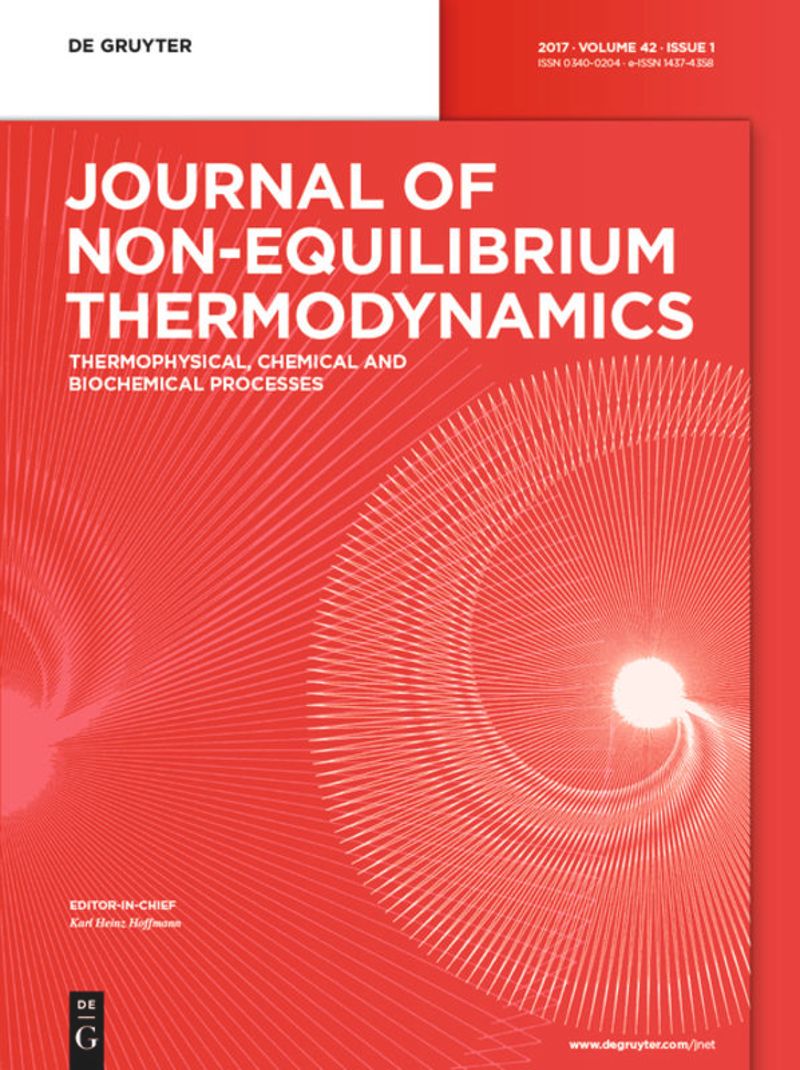基于改进的粗糙硬球链模型和深度学习方法的脂肪酸酯和生物柴油燃料高压粘度建模
IF 4.2
3区 工程技术
Q1 MECHANICS
引用次数: 0
摘要
这项工作旨在证明,对先前开发的粗糙硬球链(RHSC)模型进行简单修改,就能显著提高该模型在扩展压力高达 200 兆帕和更高等温线条件下测量脂肪酸酯和生物柴油燃料粘度的准确性。这项工作的新发现是早期 RHSC 模型中粗糙度系数(RF)指数因子的温度依赖性,因为一旦降低温度的通用函数取代了 RF 的原始指数因子 6.4 × 10-4,原始模型的准确性(715 个数据点的平均绝对相对偏差为 8.29%)就会显著提高,达到 3.77%。此外,还将修改后的 RHSC 模型的预测能力与原始 RHSC 模型以及之前文献中基于摩擦理论和自由体积理论开发的几个半经验模型进行了比较。随着深度学习技术的发展,我们的研究引入了人工神经网络(ANN)模型,该模型比以前的模型更简单,同时保持了脂肪酸酯和生物柴油燃料的高粘度相关精度。改进后的人工神经网络模型采用单隐层和 sigmoid 激活函数,AARD% 达到 0.78%。此外,我们还与其他深度学习架构进行了全面比较,肯定了我们的简化方法在粘度相关性方面的有效性。本文章由计算机程序翻译,如有差异,请以英文原文为准。
Modeling high-pressure viscosities of fatty acid esters and biodiesel fuels based on modified rough hard-sphere-chain model and deep learning method
This work aimed to demonstrate that a simple modification to the previously developed rough hard-sphere-chain (RHSC) model would significantly improve the accuracy of that model for viscosities of fatty acid esters and biodiesel fuels at extended pressures up to 200 MPa and higher isotherms. The new finding of this work is the temperature dependence of the exponential factor of the roughness factor (RF) of the earlier RHSC model as the accuracy of the original model (with an average absolute relative deviation, AARD of 8.29 % for 715 data points examined) was significantly improved achieving the AARD of 3.77 % once a universal function of reduced temperature replaced the original exponential factor of 6.4 × 10−4 for RF. Besides, the predictive capability of the modified RHSC model has been compared with original RHSC model and several previously developed semi-empirical models based on friction theory and free volume theory in literature. Expanding AARD on the progress in deep learning, our research introduces Artificial Neural Network (ANN) model that is simpler than previous models while maintaining high viscosity correlation accuracy for fatty acid esters and biodiesel fuels. The refined ANN model, with a single hidden layer and sigmoid activation function, achieved an AARD% of 0.78 %. Additionally, we conducted a thorough comparison with other deep learning architectures, affirming the effectiveness of our simplified approach for viscosity correlations.
求助全文
通过发布文献求助,成功后即可免费获取论文全文。
去求助
来源期刊
CiteScore
9.10
自引率
18.20%
发文量
31
审稿时长
1 months
期刊介绍:
The Journal of Non-Equilibrium Thermodynamics serves as an international publication organ for new ideas, insights and results on non-equilibrium phenomena in science, engineering and related natural systems. The central aim of the journal is to provide a bridge between science and engineering and to promote scientific exchange on a) newly observed non-equilibrium phenomena, b) analytic or numeric modeling for their interpretation, c) vanguard methods to describe non-equilibrium phenomena.
Contributions should – among others – present novel approaches to analyzing, modeling and optimizing processes of engineering relevance such as transport processes of mass, momentum and energy, separation of fluid phases, reproduction of living cells, or energy conversion. The journal is particularly interested in contributions which add to the basic understanding of non-equilibrium phenomena in science and engineering, with systems of interest ranging from the macro- to the nano-level.
The Journal of Non-Equilibrium Thermodynamics has recently expanded its scope to place new emphasis on theoretical and experimental investigations of non-equilibrium phenomena in thermophysical, chemical, biochemical and abstract model systems of engineering relevance. We are therefore pleased to invite submissions which present newly observed non-equilibrium phenomena, analytic or fuzzy models for their interpretation, or new methods for their description.

 求助内容:
求助内容: 应助结果提醒方式:
应助结果提醒方式:


